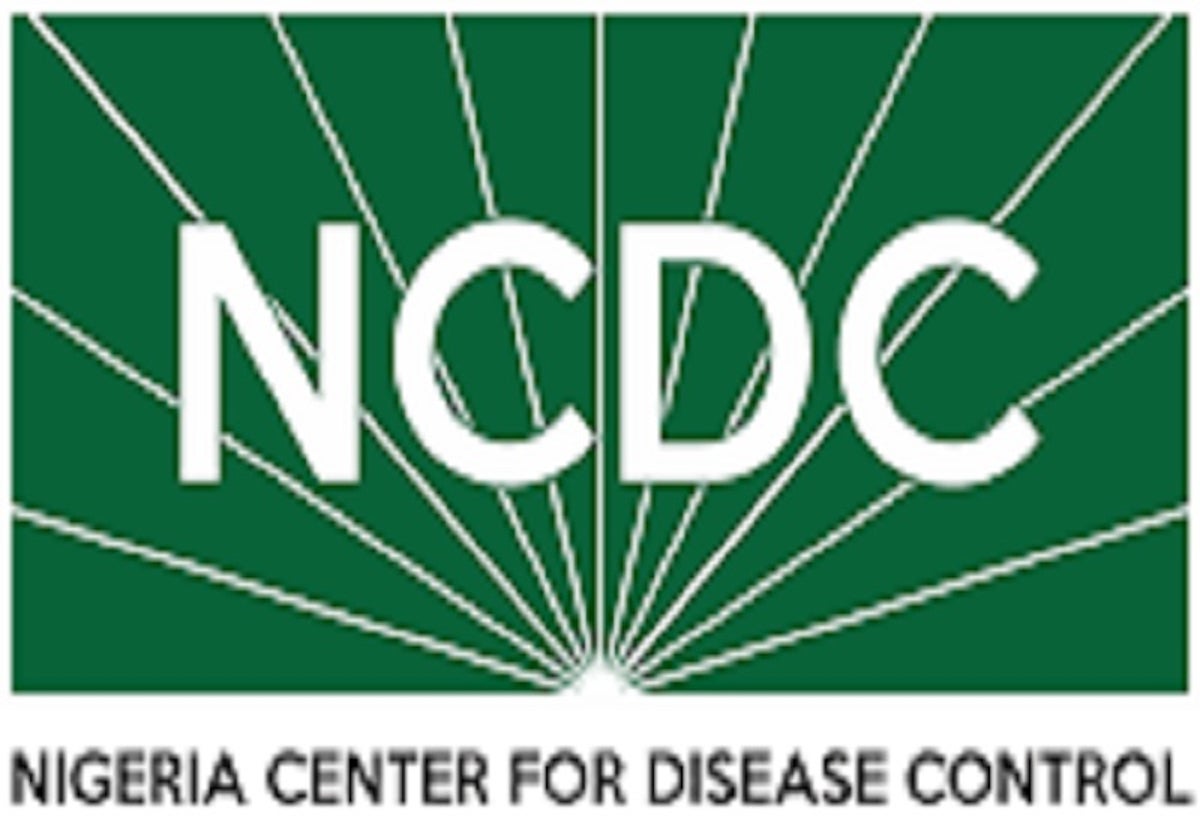By Adeyemi Adekunle
Abuja, Nigeria – The Nigeria Centre for Disease Control and Prevention (NCDC) has sounded the alarm over a troubling rise in yellow fever cases, coinciding with a severe cholera outbreak that has gripped the nation.
The was made public during a press conference on Tuesday by NCDC Director-General Dr. Jide Idris, highlights the compounding health crises that could overwhelm Nigeria’s healthcare system.
The cholera outbreak, which began in June, has spread rapidly across 34 states and the Federal Capital Territory (FCT), affecting 187 Local Government Areas (LGAs). As of July 15, Nigeria has recorded 3,623 suspected cholera cases and 103 deaths, resulting in a case fatality rate of 2.8 percent.
A Dual Threat
Addressing the press, Dr. Idris provided a detailed account of the ongoing cholera epidemic, emphasizing that despite a slight decline in reported cases and fatalities over the past week, the peak of the rainy season looms ahead. This period typically exacerbates cholera outbreaks due to increased flooding and contamination of water sources.
Dr. Idris also pointed out that underreporting remains a significant challenge due to inadequate resources for surveillance and the political stigma associated with the disease. This underreporting could mean the actual impact of the cholera outbreak is even more severe than currently documented.
Yellow Fever: The Emerging Threat
In an alarming development, the NCDC has also observed a worrying uptick in yellow fever cases. Three presumptive positive cases have been reported: two in Ekiti state and one in Bayelsa state, along with one death.
Yellow fever, a viral hemorrhagic disease transmitted by infected mosquitoes, can cause severe symptoms including fever, chills, headache, back pain, body aches, and jaundice. Without proper treatment, it can be fatal.
“The onset of the rainy season has significantly increased the prevalence of mosquito-borne diseases,” said Dr. Idris. “Yellow fever is particularly concerning due to its potential to spread rapidly if not contained.”
Preventative Measures and Public Awareness
Dr. Idris emphasized vaccination as the most effective method of preventing yellow fever. He urged the public to ensure they are vaccinated, noting that the vaccine provides lifelong immunity.
He further recommended practical steps to reduce mosquito breeding sites, such as eliminating stagnant water, using mosquito repellents, and wearing protective clothing.
“Vaccination campaigns are critical,” Idris stated. “We must also engage in community education to raise awareness about preventive measures.”
The Broader Impact of the Rainy Season
Heavy rainfall and flooding not only facilitate the spread of waterborne diseases like cholera but also create ideal conditions for mosquito breeding, thereby increasing the risk of yellow fever. The NCDC is working closely with state governments and international health organizations to manage these outbreaks and mitigate their impact.
Government and Community Response
The Nigerian government, in collaboration with international partners, has ramped up efforts to control these outbreaks. Emergency response teams have been deployed to the hardest-hit areas, and public health campaigns are underway to educate citizens about hygiene practices and preventive measures.
However, Dr. Idris stressed that a coordinated effort between the government, healthcare providers, and the public is essential to effectively combat these health crises. “The fight against cholera and yellow fever requires a united front. We need to ensure that everyone plays their part, from the federal to the community level.”
As Nigeria battles these dual health threats, the NCDC’s warning serves as a critical reminder of the importance of vigilance, public health preparedness, and community cooperation.
The coming weeks will be crucial in determining the trajectory of these outbreaks, and the actions taken now will shape Nigeria’s ability to manage and overcome these health challenges.
In the heart of Abuja, where decisions that affect millions are made, the urgency is palpable. The NCDC’s efforts, supported by a robust public response, will be pivotal in turning the tide against these outbreaks. As Dr. Idris concluded his address, his message was clear: “Together, we can protect our communities and save lives.”




